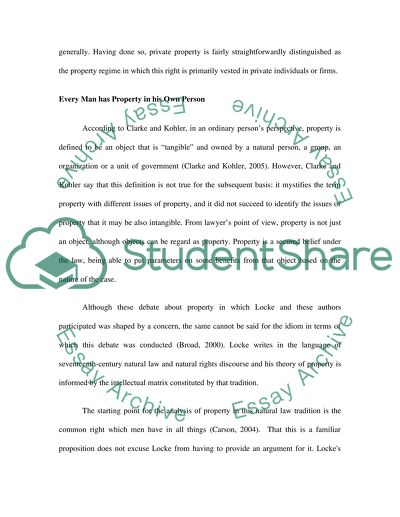Cite this document
(“Private Property Book Report/Review Example | Topics and Well Written Essays - 2000 words”, n.d.)
Retrieved from https://studentshare.org/law/1523967-private-property
Retrieved from https://studentshare.org/law/1523967-private-property
(Private Property Book Report/Review Example | Topics and Well Written Essays - 2000 Words)
https://studentshare.org/law/1523967-private-property.
https://studentshare.org/law/1523967-private-property.
“Private Property Book Report/Review Example | Topics and Well Written Essays - 2000 Words”, n.d. https://studentshare.org/law/1523967-private-property.


